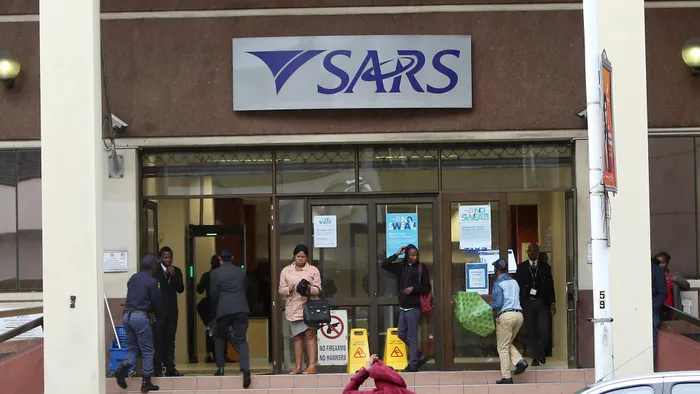Beware of SARS skelms

SARS offices Picture: Motshwari Mofokeng/African News Agency(ANA)
As millions of South Africans prepare to log onto the South African Revenue Service (SARS) eFiling website or visit a branch to complete their tax returns, they should be wise to possible scams.
The CEO of the Southern African Fraud Prevention Service (SAFPS), Manie van Schalkwyk, says while this is a busy time for SARS, it is also peak season for skelms.
"Over the past five years, the SAFPS has noticed a growing trend of tax scams which are targeting individuals who are desperate for cash.
"SARS is increasingly gravitating towards an auto-assessment system for qualifying taxpayers. This means that SARS has already done the tax return on behalf of the individual. They then either qualify for a rebate or pay money back to SARS," he explains.
While this is legitimate, he warns that scammers have also gotten on board with this trend.
"Scammers are contacting taxpayers impersonating SARS. When targeted taxpayers log on to complete their auto-assessment, they are redirected to a proxy website where scammers will use the information they fill in on the form.
“The scammers will even produce a fake proof of payment document indicating that a rebate has been paid into the taxpayer's bank account," warns Van Schalkwyk.
SARS also warned that scammers are luring taxpayers into a trap with an Outstanding Tax Payment notice.
The notice, sent via email, replicates SARS' logo and formatting and warns taxpayers that they will be unable to file their tax return until they pay an outstanding amount attached to their tax profiles.
Van Schalkwyk urged taxpayers to contact SARS and clarify the situation with them before taking action.
More scams can be viewed at https://www.sars.gov.za/targeting-tax-crime/scams-and-phishing/
Daily Voice